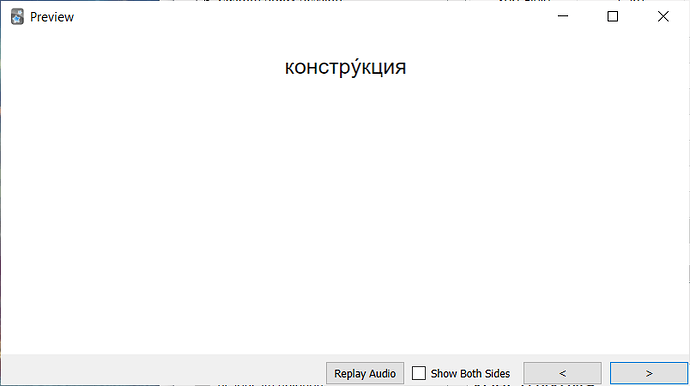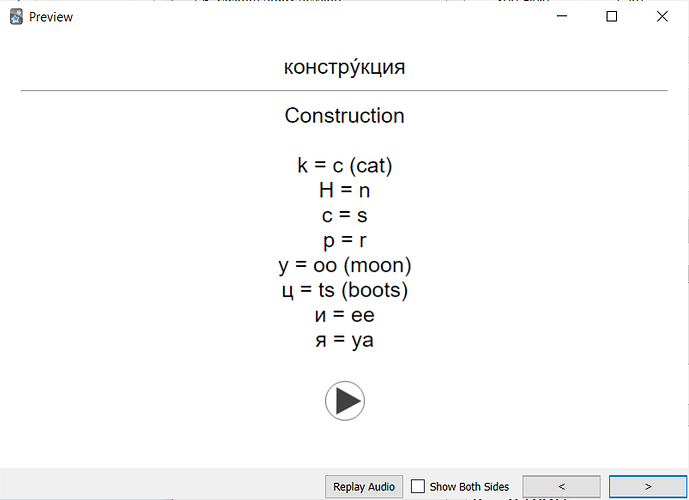I’m just learning to speak Spanish but have opinions on the Rs
ROLLED Rs
I had completely the wrong idea: I thought a rolled R was something people were controlling every bit of, that it was some repeated muscle movement they were making really really fast, like vibrato on a violin. Which was 100% wrong.
The biggest step for me to get the rolled Rs was by thinking through the best analogue, which is the horsey imitation PBPBPBPB thing where you push air through your closed lips and make your lips vibrate everywhere like crazy and go PBPBPBPBPBP like a horse. That was when I realized hey, I already know how to make a vibrating sound when I blow air out through my mouth, and I’m not controlling each individual PB-PB-PB, the sound just sort of happens when I blow a bunch of air through my face and my lips have the right tension. Now I just have to figure out how to make that happen with my tongue instead of my lips. <-Raises eyebrows up and down suggestively->
Getting the right tension is tricky, but the horsey vibration can help us here too. If you have no tension in your lips, then the air just whooshes through (try it). If you have too much tension, i.e. if your lips are too tight and the space between your lips is too narrow, then no air gets through. So to get the horsey sound you put just enough tension in your lips, and then once it’s going a little, you can really rev the engine by just increasing the tension and also the airflow a tiny bit, until eventually you put too much tension in them and the sound shuts down.
Rolled Rs are the exact same idea, but instead of vibrating your upper and lower lips together, you’re vibrating the tip of your tongue on the roof of your mouth. But where exactly on the roof of your mouth? It turns out there’s no exact perfect spot, but a whole zone that works. It works from the end of your gums (i.e. just where the back of your teeth start coming out) to maybe a half inch behind that (i.e. along the alveolar ridge heading back towards your throat), and also there’s a sweet spot in this zone where it’s easiest, which probably varies a tiny bit from person to person.
Remember—ultimately when your rolled R is working there’s going to be a teeny gap between the very tip of your tongue and this area of the roof of your mouth (just like there’s a tiny space between your lips when you’re doing the horsey sound). The shape of your tongue is going to be mostly flat, meaning it’s not going to be rolled up into an U or anything like that.
And like with so many other things, at some point there’s nothing anybody can say to teach you how to do it. You just have to tinker around and have faith that once you stumble into the right balance of tension & relaxation & location that it’s going to happen just like horseylips happens. One easy mistake to make is not actually pushing/forcing enough air over your tongue. You have to be brave! Make sure that at least some of the time you’re erring on the side of too much air. You have to commit to looking like an idiot and slobbering and continuing to be a total failure for as long as it takes. Another easy mistake to make is thinking your making the rolled R but actually gargling them at the back of the throat. A true rolled R has nothing to do with gargle.
THE OTHER SPANISH R, THE TAPPED R
not going to dwell on this but of the two R sounds, the tapped R is more important. These are the non-rolled Rs like the R like in gracias.
The most common advice for these Rs is good: you say them like you already say the a really fast D sound in american english. Say words like butter or better or matador really fast in english, and you’ll notice how the T sounds are no longer crisp Ts but they get replaced by D sounds, which we make just by tapping the tip of the tongue on the alveolar ridge.
this really threw me at first when I heard spoken spanish. People would say a word like dirección but my brain would hear didección and I would assume it was spelled with a D and then later when I saw the word written out my face would melt. And this was a real problem with words like pero, since I think spanish pedo means fart. And also perro means dog. Not cool!
anyway, this is how I locked in the tapped Rs: the first word I focused on was gracias. Instead of trying to say gracias all at once I would sound out the syllables, slowly at first but speeding up:
guh ----------------- dah ----------------- seeahs
guh ----------- dah ----------- seeahs
guh ----- dah -----seeahs
guh – dah – seeahs
guhdahseeahs
and then soon I’d be saying the word super fast all at once but now it would have the flipped D sound in there.
honestly I think the best thing to do is to stop thinking of the spanish R as having anything to do with an english R. The spanish R sounds like the soft light D in american english like in butter. Sure it looks like an R, but it’s not an R, we have to get over that, this is a different letter that only is shaped like an R, but the sound we make is really the quick light rock-skipping budder sound, the end, that’s it.
Rolled Rs are cool and btw everyone is capable of learning them, but the tapped Rs are more important to giving your accent life. It’s easy to also overcook these tapped Rs into full-on D sounds, but they’re not exactly, they’re just little glancing bumps, but they give the overall sound of these languages (spanish, italian, maybe japanese a little?) such a subtle twinkle of ripple and glint.
The bad news is it took me six months of messing around for ~five minutes/day before the rolled Rs started clicking, and then another two years to lock it in where I could roll an R in the middle of any other two sounds without loading up each one like I was about to fire a blowgun at indiana jones. Three years later I’ve improved to maybe a B-plus—but I’m still getting better and eventually it’ll be in my pocket. And in other news, I decided to experiment on my four year old niece by trying her to teach her to roll an R, and the little anklebiter learned it in literally two days. Brains are weird!

